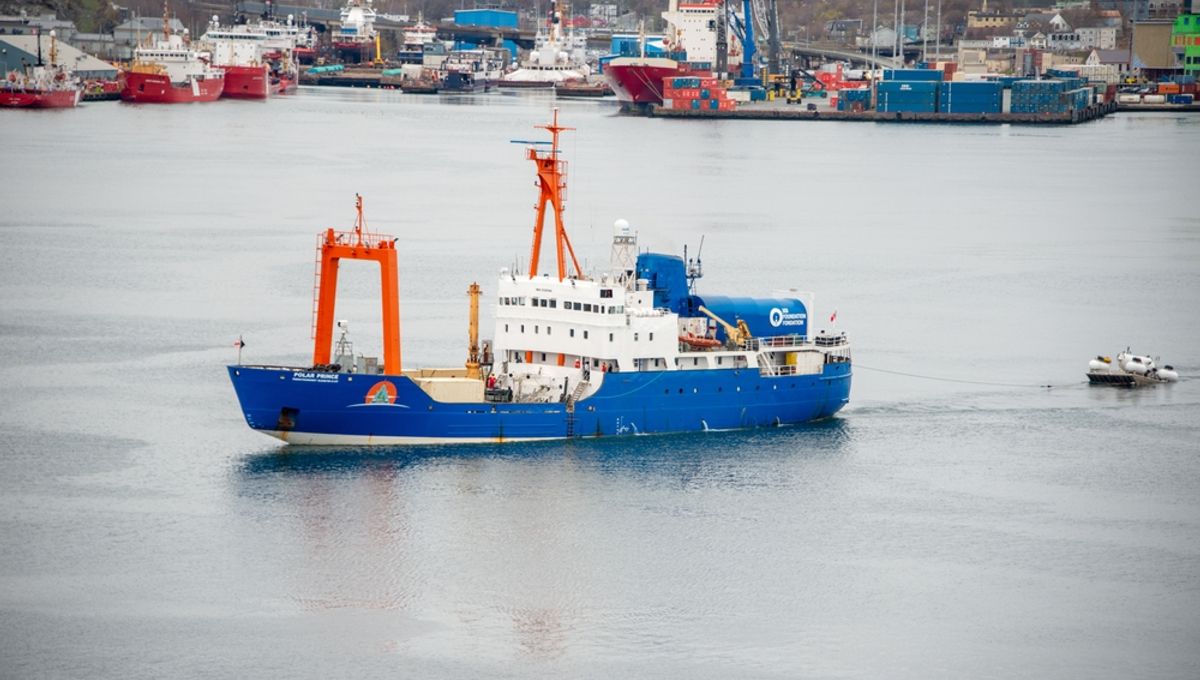
Recent news has seen the dangers of deep-sea exploration, and the potentially catastrophic events that can happen as a result, thrust into the public eye. With it has come misunderstandings of what decompression and implosion actually are, and how they may arise. So, let’s explore both and what makes them different.
What is an implosion of a submersible?
At great depths under the ocean’s surface, the weight of the water above begins exerting pressure on things below it. All of us experience pressure daily – the Earth’s atmosphere exerts a standard pressure on our bodies that we are accustomed to. But go deeper into the ocean and the pressure gets stronger and stronger, to the point that our bodies could no longer withstand this weight, and humans require a pressurized submersible to explore further.
To do so, the structure of the submersible must be incredibly strong. The reinforced walls must resist the pressure attempting to crush the submersible from all sides and the deeper you go, the stronger they must be.
Following the tragic announcement of the loss of all five crewmembers aboard the Titan submersible, officials stated that they had retrieved debris that indicated a catastrophic implosion event. At the depth of the Titanic, where they were headed, the pressure is around 6,000 psi (6,000 lbs of force per square inch), which can be thought of as two SUVs pressing down on just a single square inch of space. Here, even the slightest structural crack could result in disaster.
An implosion results when the structure fails and the submersible compresses inwards rapidly. These events occur so quickly, anyone inside would not even register that something has gone wrong, with the entire compartment imploding into itself in a fraction of a second. There would likely be no warning as the structure fails, as a small breach or weakening of the hull results in the entire destruction of the outside shell.
What is rapid decompression?
Decompression events are of a similar cause, but with different outcomes. The inside of a submersible is kept highly pressurized, creating a pressure differential between the inside and outside. As such, it must be kept sealed at all times to prevent a rapid depressurization event.
Rapid or spontaneous decompression occurs when a breach in the structure results in the inside of the submersible almost instantly losing pressure. Even a small hole can cause the pressurized air to rush outwards to equalize the pressure differential, bringing any contents inside with it. It can be thought of as an almost opposite event to implosion – while implosion results in an increase in pressure causing the submersible to crush inwards, rapid decompression is pressure dropping, forcing the contents outwards.
Examples of this have occurred in deep-sea diving history, with the most catastrophic being Byford Dolphin diving accident. Here, insufficient safety equipment caused a rapid pressure drop within the compartment, resulting in the flash boiling of three divers’ blood, killing them instantly. A fourth diver met an even worse fate as they were ejected through a small opening and another worker lost their life in the resulting movement of the diving bell.
Both the Titan and the Byford Dolphin incidents remain tragic and stark reminders of the dangers of high-pressure environments and the thin lines of safety that prevent disaster. All that can be hoped for from each is that sufficient safety regulations can be introduced to prevent similar events from happening in the future.
All “explainer” articles are confirmed by fact checkers to be correct at time of publishing. Text, images, and links may be edited, removed, or added to at a later date to keep information current.
Source Link: What Is Implosion And How Is It Different To Decompression?